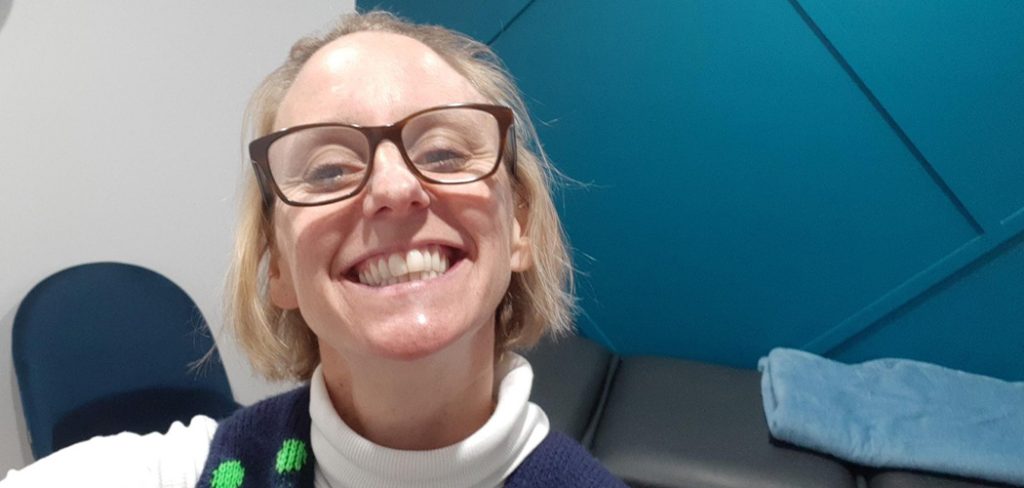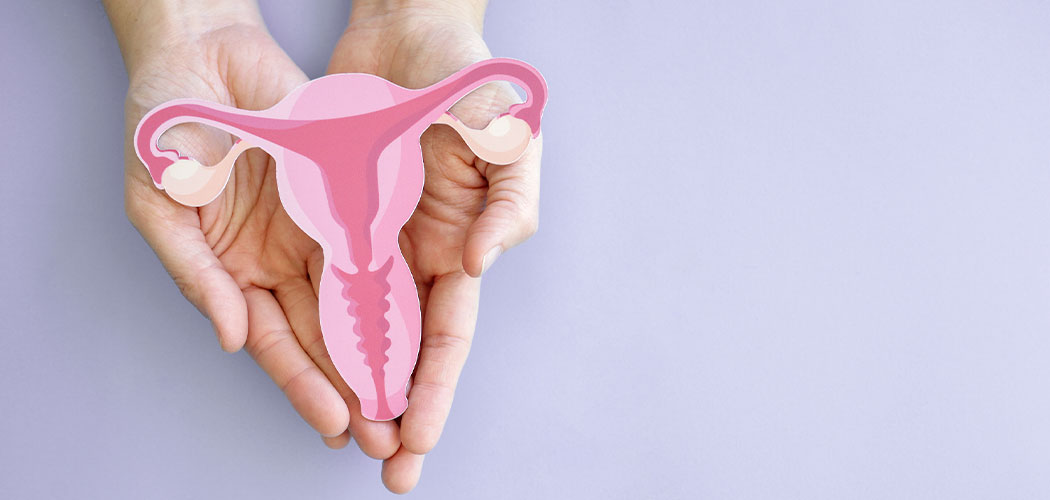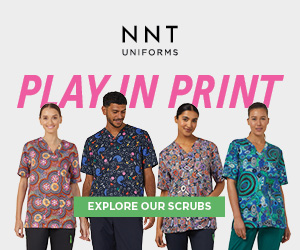Woolgoolga primary care nurse and ‘endo warrior’ Lucy Downey is encouraging nurses to apply for one of 15 Endo Australia’s scholarships open until 18 November.
The scholarship program is aimed to train endometriosis specialty nurses (Endo Nurses), with a focus on regional, rural and remote areas.
Endometriosis Australia is offering 15 scholarships to complete the single unit of study in Endometriosis and Pelvic Pain for 2024.
The course will be delivered by the Australian College of Nursing Foundation (ACNF) and commence on 20 January 2025.
Lucy was spurred to action by a knowledge gap and completed her training in endometriosis and chronic pain through ACNF in 2023. “I was working mainly predominantly in women’s health and looking after people with chronic pain. A lot of women were presenting in their initial assessment, and I didn’t know very much about it [endometriosis]. I thought, ‘I need to do a course!’.

Endo and pelvic pain module
During the 10-week unit of the endometriosis and pelvic pain module, students learn how to assess and manage endometriosis and pelvic pain in the clinical setting, including endometriosis pathophysiology, pain physiology, and contemporary, evidence-based treatment and management within various clinical settings.
A holistic, individual, person-centred approach is core to the unit and nurses learn essential attributes to be advocates for women experiencing chronic pelvic pain and endometriosis.
“It really looked at women’s lifestyle and how it impacted their day; if they have that much pain, they can’t go for their swim, they can’t go out for lunch because they’re either in so much pain or, they’re bleeding too heavily or there’s anxiety around going out in public. The course explores who endometriosis can impact all areas of a woman’s life including mental health and social health,” says Lucy.
Despite the gold-standard for care still being surgery, there’s much nurses can do to support women with endometriosis to help improve their quality of life, she says.
“As a nurse, I always ask, ‘well, how can I help?’ This course helps you as a nurse in what support you can provide and how to advocate for women. You gain knowledge and skills to be able to help guide women in how they can cope day to day living with endometriosis.”
Community champion
One in 7 women are impacted by endometriosis. Efforts have reduced the diagnosis time from 7–12 years to 6.5 years on average, too long for women who often suffer in silence.
An education coordinator also, Lucy is using her knowledge to raise awareness of endometriosis in her rural community of Coffs Harbour, NSW.
“You become a champion in your community, especially those in remote and rural areas, where the services aren’t there or there’s not enough services. We are a support person. We can answer questions and provide suggestions, give women other ideas of pain management; look at their diet or their sleeping.”
Lucy works at a local high school in primary care and has just started providing education sessions to teens, teaching them about periods and endometriosis. “It enables young people to ask questions and for me to explain what is normal and what’s perhaps not and where to go, who to ask. I’m hoping these kids will tell their mums and then their mums will pass it on.”
Who should apply?
Lucy says the endo training would particularly benefit nurses working in primary healthcare, general practice, school nurses, community care, and ED, critical care and surgical nurses.
“I used to work in ICU and ED and reflecting on my practise there, so many people presented at ED with awful PV bleeds, chronic pain, lower abdominal pain. We’d give them pain relief. But I don’t know if we did any referrals. And who is it you refer to in your regional town?”
She encourages nurses interested in increasing their knowledge of endometriosis to apply for a scholarship.
“It gives you skills of being able to support people that have endometriosis to say it out aloud. To have a nurse who understands what is going on and to validate that yes, there’s something not right, is so important.”
Nurses who meet the following criteria are strongly encouraged to apply:
- living in regional, rural, or remote areas,
- have diverse backgrounds (First Nations and CALD),
- academic background and interest in women’s health.
Applications close 18 November 2024.
To apply, visit here








